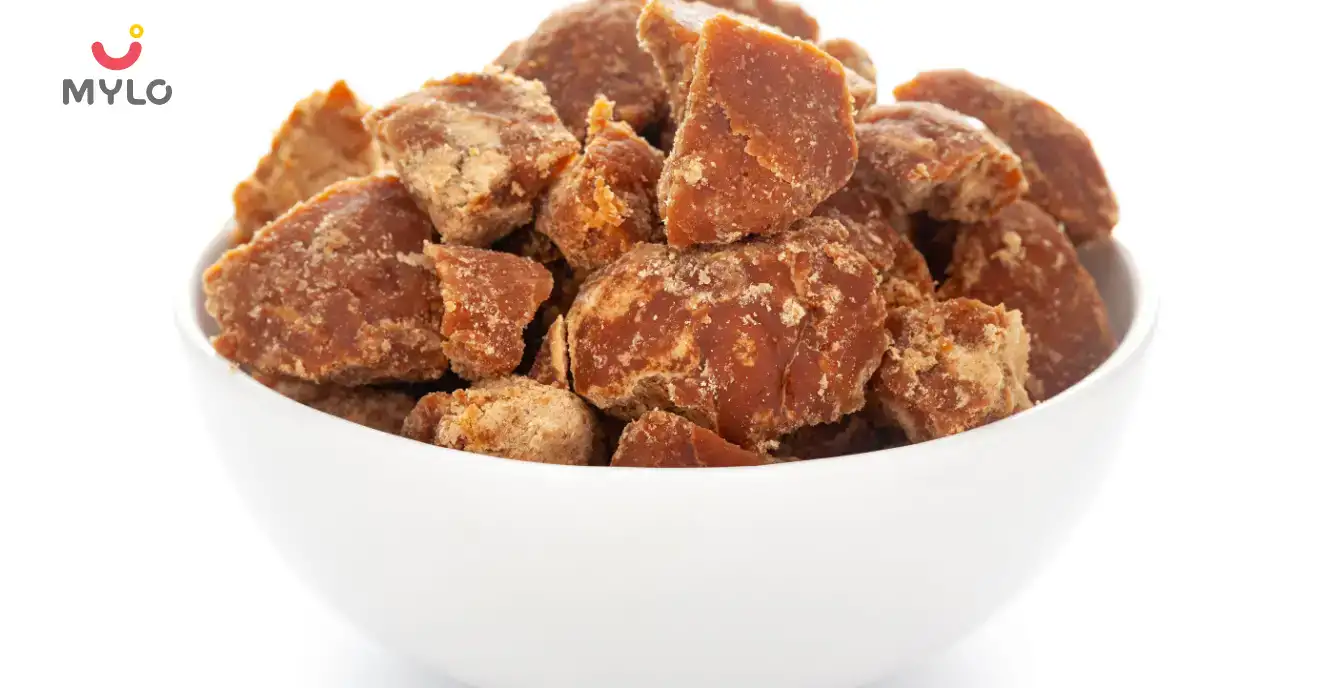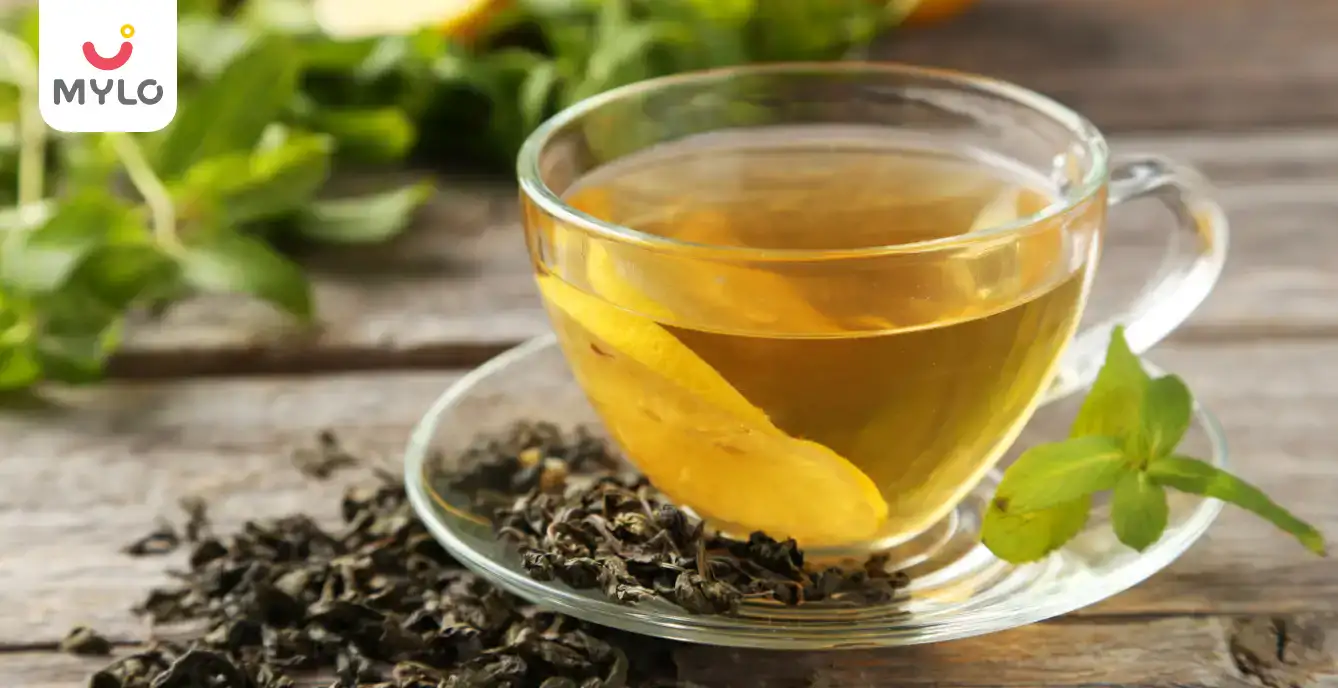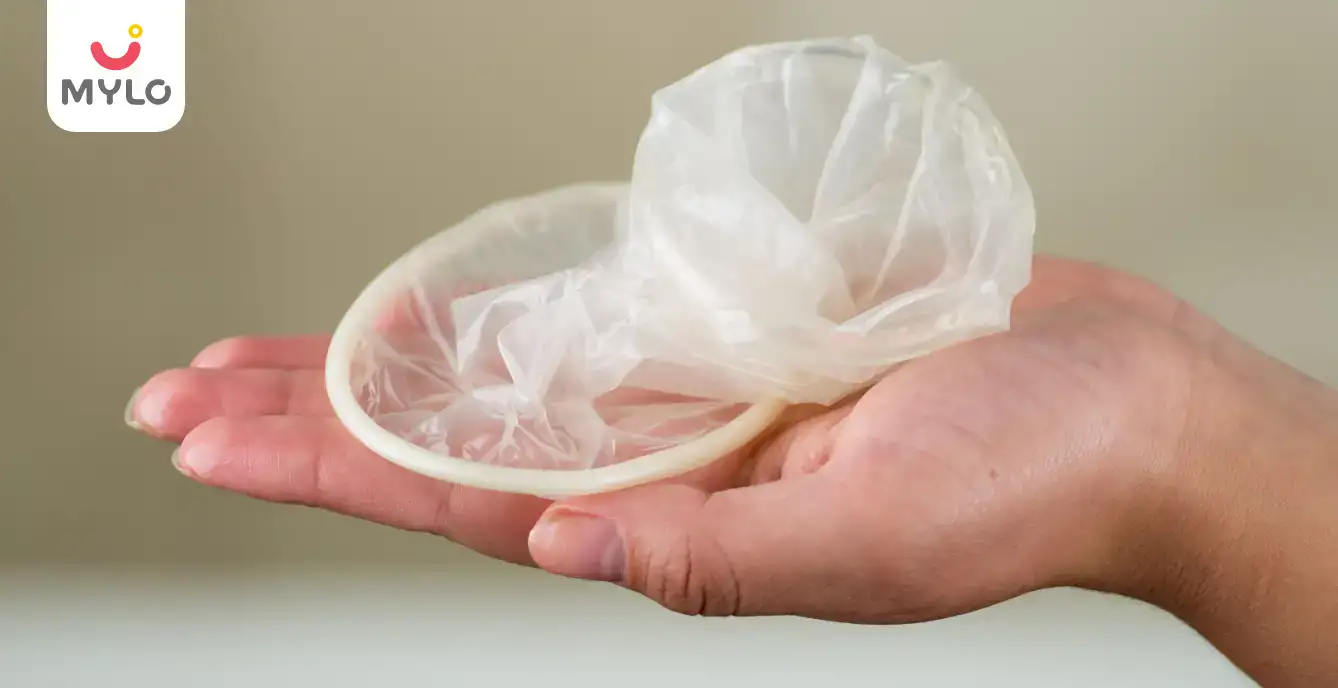- Home

- Pregnancy Diet Chart

- Healthy Pregnancy Diet Plan For You: What to Eat & What to Avoid
In this Article
Pregnancy Diet Chart
Healthy Pregnancy Diet Plan For You: What to Eat & What to Avoid
Updated on 7 February 2023



Medically Reviewed by
Dt. Mansi Goyal
Specializes in Critical Gestational Diabetes, PCOS Patients - BSC| MSC (Home Science, Food & Nutrition)
View Profile

If you're concerned about how to maintain your nutrition during pregnancy then, you've come to the right place. Following meal plans, also known as pregnancy diet plans or diet charts can help you optimise your nutrition during pregnancy. They include the best foods that can provide you with all the essential nutrients you need at your stage of pregnancy. You can pick and choose from the delicious dishes suggested to further adapt the meal plan to your tastes.
How to use our pregnancy diet charts?
Our diet charts serve as a general guide to help you plan your weekly meals better. Whereas the pregnancy nutrition plan is customised according to each user. The aim is to help you identify foods that you like, and which are good sources of the nutrients you need at your stage of pregnancy.
Points to keep in mind
The plans are made with fruit and vegetables available in all seasons so that no matter what season you are in, you will find food sources in the market for the nutrients you need. If a fruit or vegetable is not available in your nearest markets, you can replace it with any other seasonal fruit or vegetable that offers the same nutrients.
A single fruit or vegetable can be a source of multiple nutrients. So you may notice that the same food is recommended in one trimester for a certain nutrient, and in another trimester for a different nutrient. For instance, lentils (dal or pulses) are a good source of folic acid, omega-3 fatty acids and iron, particularly for vegetarians.
What else do I need to know?
If you have a medical condition, food allergies or follow specific diets, it's recommended that you check with your doctor first before making changes to your diet. If you have gestational diabetes, you should refer to our gestational diabetes meal plan. While using our meal plans, stay hydrated and aim to drink at least 8 to 12 glasses of water a day.
First-trimester pregnancy diet plans (4 - 13 weeks)
Although you need a variety of nutrients throughout your pregnancy to keep yourself and your baby healthy, here are a few nutrients which are particularly essential for your baby's development in the first trimester. The most important nutrients your body needs during the first trimester are folic acid, iron, and vitamin B6. Folic acid helps to protect your baby from birth disorders and neural tube disorders such as spina bifida and cleft palate. Iron is essential to produce healthy red blood cells that carry oxygen around your body. Not having enough iron can make you feel tired and breathless. Iron deficiency or anaemia (low Hb) is extremely common in India so, this nutrient is crucial during pregnancy. Morning sickness may leave you feeling queasy and unable to eat much. There is some evidence that suggests that foods rich in Vitamin B6 like peanuts, bananas, oats, fish, milk, fortified breakfast cereals etc. might help to ease nausea.

Second-trimester pregnancy diet plans (14 - 27 weeks)
In the second trimester of pregnancy, your baby's bones are growing and so is their brain. To boost their brain and bone development, you need plenty of calcium, Vitamin D and omega 3. Another nutrient essential to consume during the second trimester is beta carotene, a form of vitamin A that promotes healthy blood and skin. Additionally, iron-rich foods continue to remain essential as anaemia (low Hb) is very common in India, especially among vegetarians.
Third-trimester pregnancy diet plans (28 - 40 weeks)
In the third trimester of pregnancy, your baby’s growth will pick up pace as they gain weight and prepare for life outside the womb. As a result, you'll observe that you’re gaining weight rapidly. Try not to stress over the extra kilos and focus on eating a well-balanced and healthy diet. As your baby begins to build layers of fat, your energy requirements will witness an increase in demand. Vitamin K is essential for the blood to clot, which is important to prevent bleeding during and after childbirth. So, try to eat plenty of foods rich in vitamin K in your third trimester. Retaining its importance, iron continues to be an essential nutrient in the third trimester as well to prevent anaemia. If you are anaemic, and the condition goes untreated, you may be at a higher risk of premature labour.
Now that you know what to eat, just eat healthily and take care of yourself!





Medically Reviewed by
Dt. Mansi Goyal
Specializes in Critical Gestational Diabetes, PCOS Patients - BSC| MSC (Home Science, Food & Nutrition)
View Profile


Written by
Mittali Khurana
Mittali is a content writer by profession. She is a dynamic writer with 04+ years of experience in content writing for E-commerce, Parenting App & Websites, SEO.
Read MoreGet baby's diet chart, and growth tips

Related Articles
RECENTLY PUBLISHED ARTICLES
our most recent articles

General Mother
Vanishing Twin Syndrome: Causes, Symptoms & Treatment
Premature Delivery
Oligohydramnios (Low Amniotic Fluid During Pregnancy): Causes, Symptoms & Treatment

Diet & Nutrition
Jaggery in Pregnancy: Benefits & Nutritional Value

Pregnancy Precautions
Green Tea During Pregnancy: Benefits, Risks & Safety measures

Sex Life
Where Can You Buy Female Condoms?
Illnesses & Infections
Is there anything to worry about when your baby passes urine frequently? Here are some warning signs.
- The Do's and Don'ts of how to effectively handle toilet training for your child
- Top 10 Precautions you must take while Celebrating Christmas and New Year During Covid
- Episiotomy Care: Meaning, Reasons & Risks
- 7 Most Popular IVF Myths Busted
- Is It Safe to Have Sex During Pregnancy and After Delivery?
- How to Teach Your Toddler Not to Hit?
- An Expecting Mother's Guide to Vitamins & Supplements in Pregnancy
- Use of Air Conditioners & Coolers for Newborns
- Neonatal Jaundice: Causes, Symptoms & Treatment
- Depression During Pregnancy: Causes, Risks & Treatment
- Discover the 10 Best Shows on Netflix in 2023!
- Eating Spicy Food During Pregnancy: Is it Safe or Not?
- 7 Tips to Help Your Toddler Transition From Potty to Toilet
- Embryo Freezing: Purpose & Outcome


AWARDS AND RECOGNITION
Mylo wins Forbes D2C Disruptor award
Mylo wins The Economic Times Promising Brands 2022
AS SEEN IN
















At Mylo, we help young parents raise happy and healthy families with our innovative new-age solutions:
- Mylo Care: Effective and science-backed personal care and wellness solutions for a joyful you.
- Mylo Baby: Science-backed, gentle and effective personal care & hygiene range for your little one.
- Mylo Community: Trusted and empathetic community of 10mn+ parents and experts.
Product Categories
baby carrier | baby soap | baby wipes | stretch marks cream | baby cream | baby shampoo | baby massage oil | baby hair oil | stretch marks oil | baby body wash | baby powder | baby lotion | diaper rash cream | newborn diapers | teether | baby kajal | baby diapers | cloth diapers |







